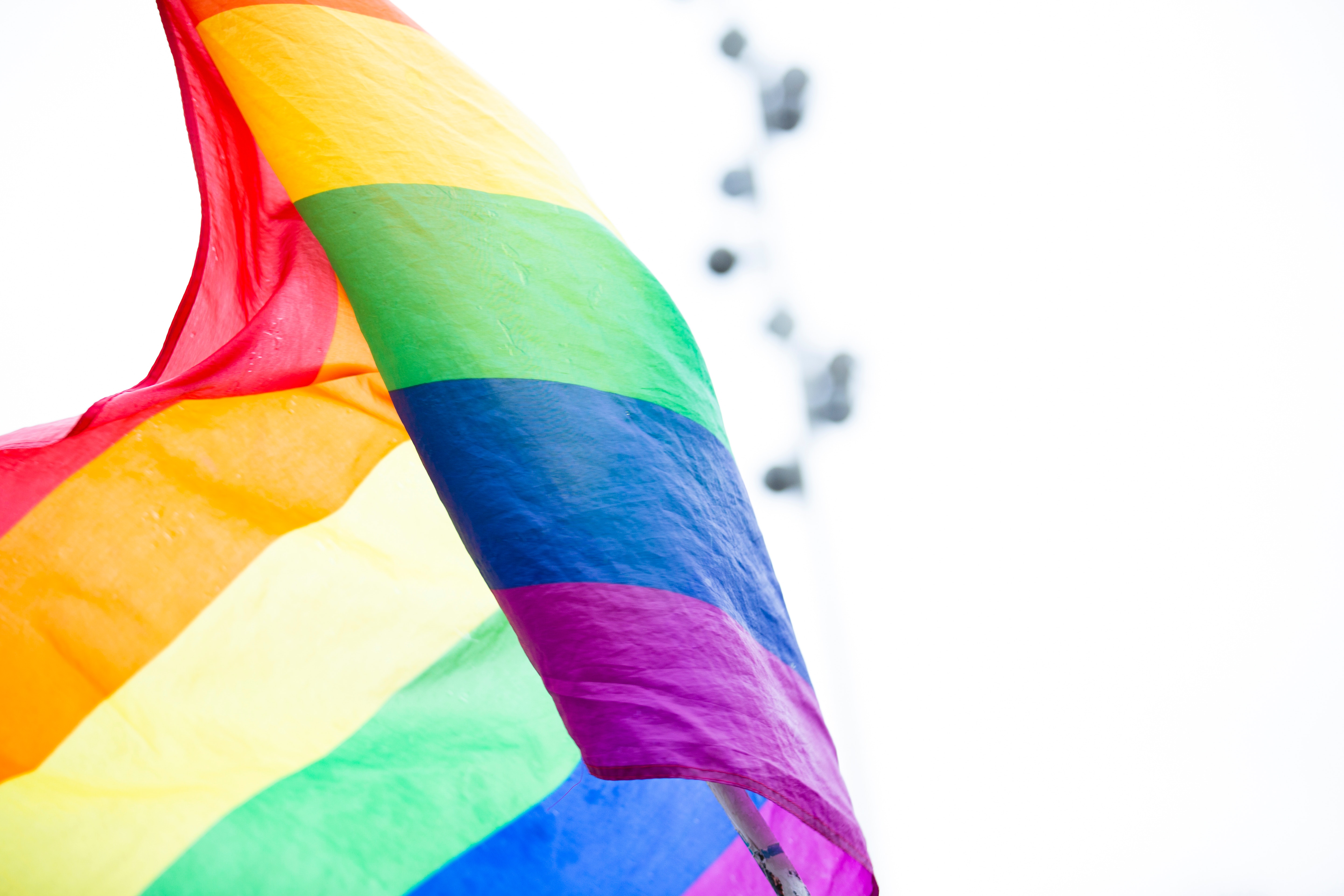LGBTQ scientists publish more papers if they’re “out” at work, according to survey results analyzed by CSUN Assistant Professor of Biology Jeremy Yoder and colleagues with the scientific consulting firm Exponent and the Charter College of Education at CSU Los Angeles, in a paper published last week at PLOS ONE.
Lesbian, gay, bisexual, trans, or otherwise “queer” folks working in an atmosphere where they feel unable to openly express their identities often find their jobs less pleasant and more stressful, which may ultimately impact how productive they can be in the workplace. The new study surveyed scientists to ask whether not disclosing a queer identity in the workplace was related to how many scientific papers they had published, a numeric gauge for research productivity. LGBTQ scientists who said their queer identities were not known to more than half of their coworkers published less than non-LGBTQ scientists, but LGBTQ scientists who said their coworkers mostly knew published at rates similar to non-LGBTQ scientists.
The authors note that, although publications are a crude proxy for research productivity, they factor into multiple aspects of career advancement in science, so the pattern they may represent a systematic disadvantage to LGBTQ researchers working in institutions where they don’t feel safe and supported:
We argue that the relationship that we find between productivity and expression of LGBTQA identities reinforces the need for greater support, at all levels of training and advancement, to make STEM careers accessible and sustainable for participants across the full range of human diversity.
The full paper is available open-access on the journal website, and fuller coverage is at CSUN Today, as well as Science Insider, Times Higher Education, Inside Higher Ed, and Discover magazine.
Header image: rainbow flag (Markus Spiske)

